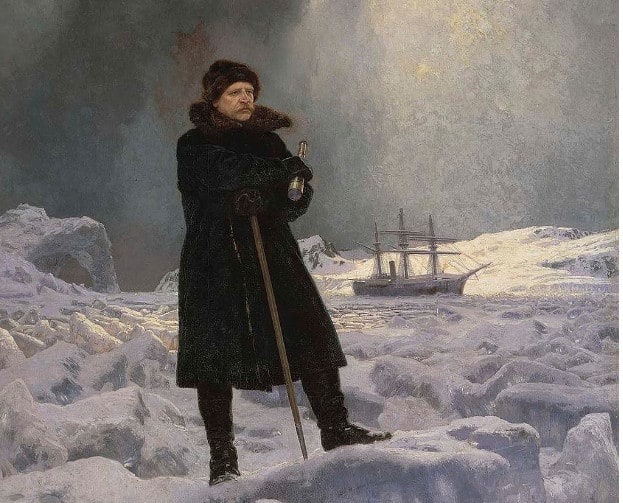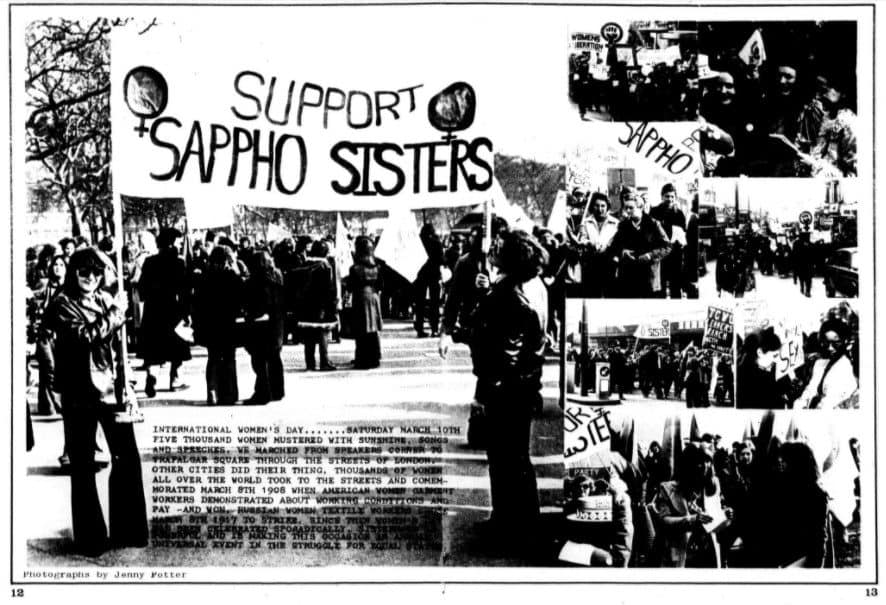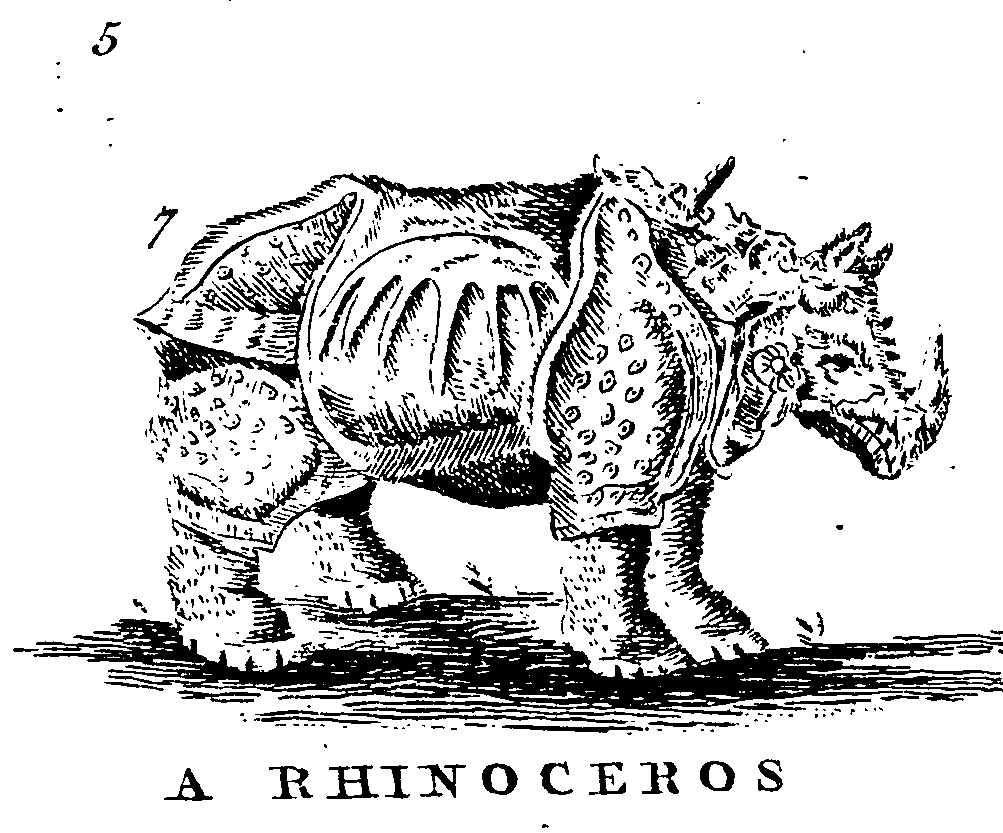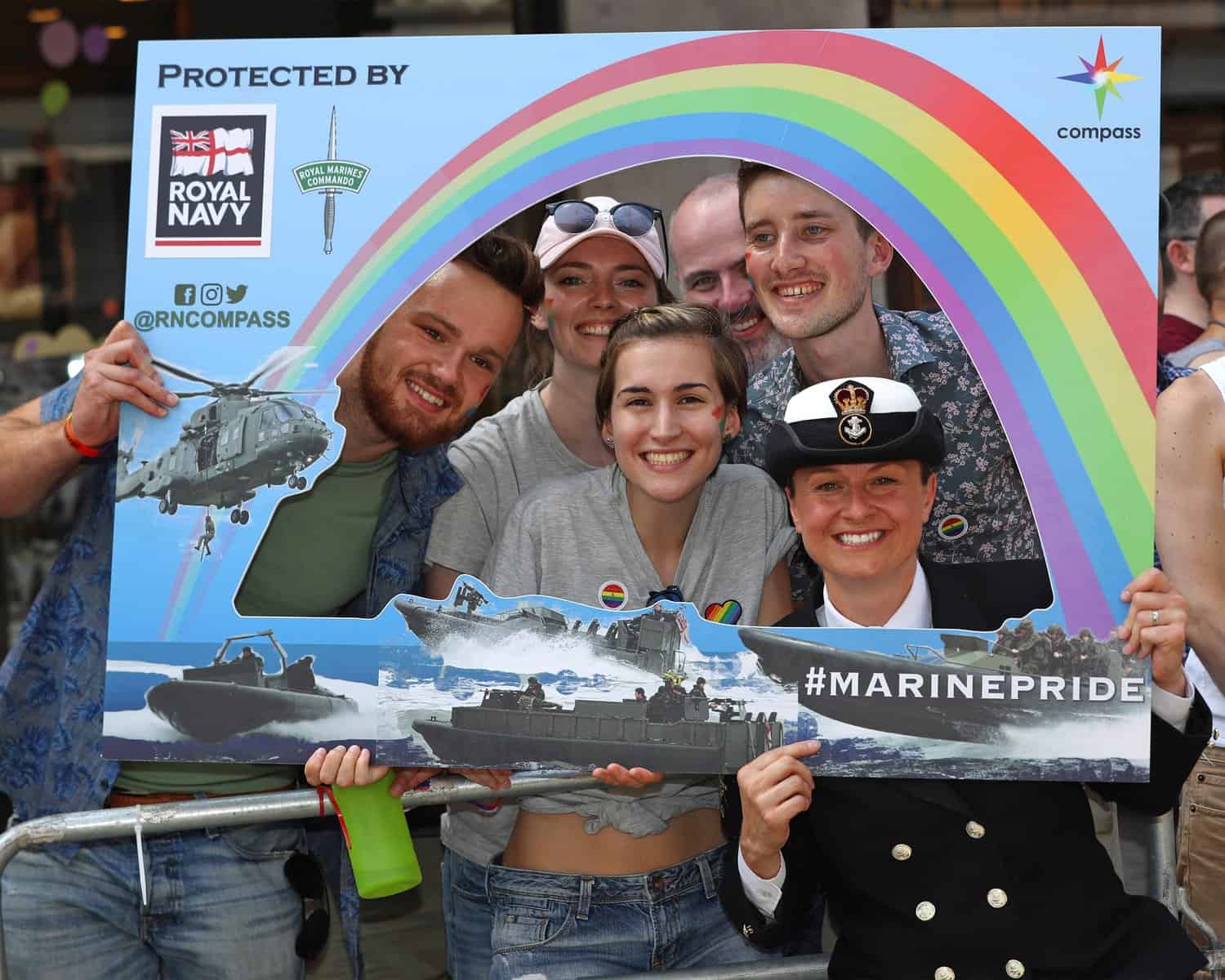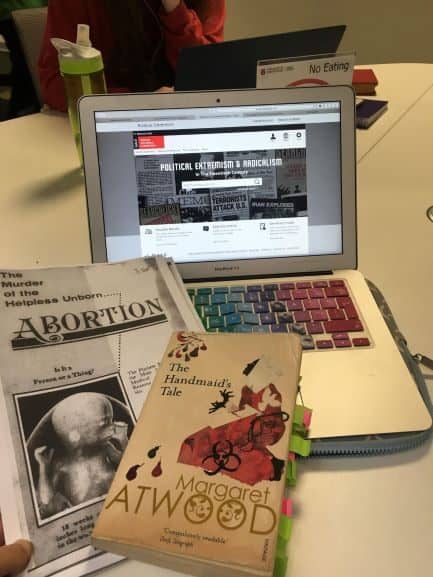By Emily Priest, Gale Ambassador at the University of Portsmouth
Today, 31st March, is Trans Visibility Day and, although it is a day to celebrate, it is also a day to reflect on the past to appreciate how far we’ve come. Looking back on trans history and how much visibility the community used to have can be hard swallow at times but it is easy to research using the archives Gale’s Primary Sources. To put things into perspective I used Archives of Gender and Sexuality to compare how society has previously treated trans people with how they’re treated now.


